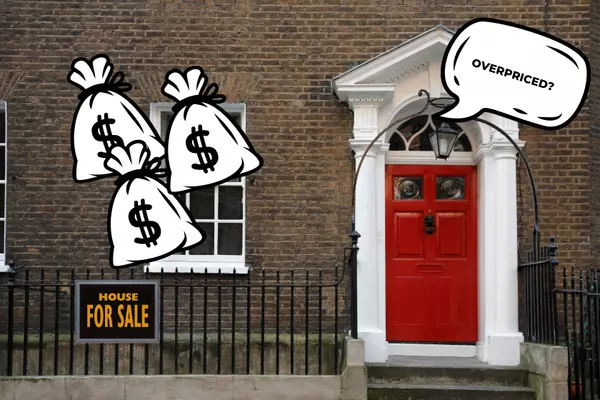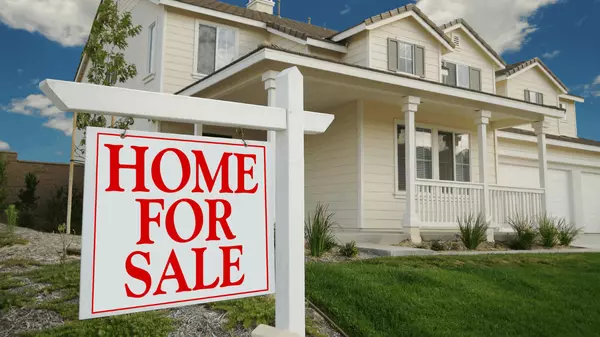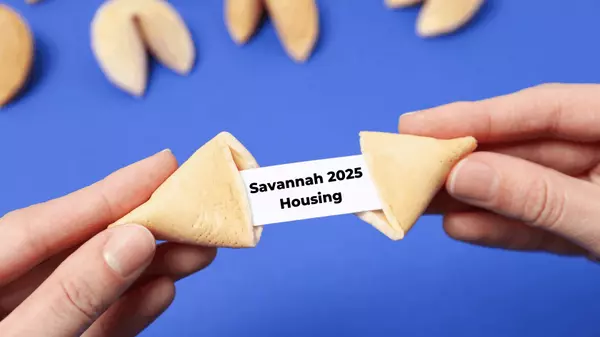
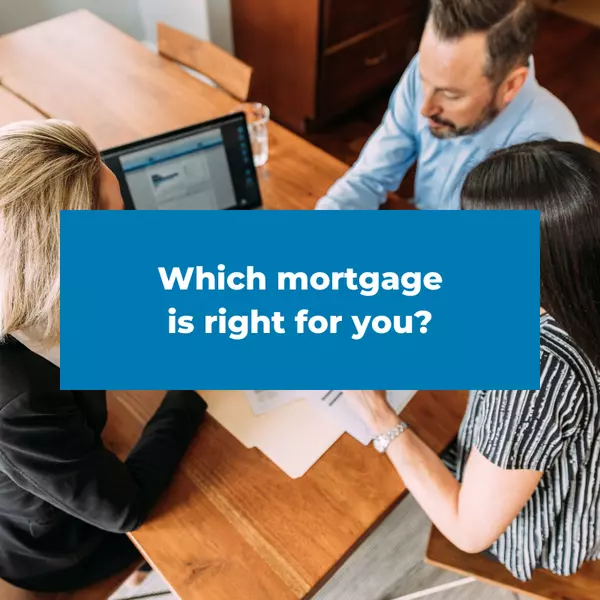
15-Year vs 30-Year Mortgage Comparison: Which is Best for Your Family
15-Year vs 30-Year Mortgage Comparison: Which is Best for Your Family in 2024 A Detailed Comparison When you're considering buying a home, one of the first decisions you'll face is the type of mortgage to get. Let's say you're interested in a home priced at $300,000. If you opt for a 15-year mortgage with a 6.7% interest rate, your monthly payment would be approximately $2.646. On the other hand, a 30-year mortgage at a 7.5% interest rate would require a monthly payment of about $2,105. That's a substantial monthly difference of $541. This difference could be used for other family needs, investments, or even a college fund for the kids. So, the first step is to consider how this monthly difference aligns with your current financial situation and long-term goals. A Closer Look at Long-Term Costs While the monthly payment difference is significant, it's essential to also look at the total amount you'll be paying over the life of the loan. With a 15-year mortgage, you'll end up paying a total of $476,355, with $176,355 of that amount going towards interest. In contrast, a 30-year mortgage will cost you a total of $755,171, with a staggering $455,171 going towards interest. That's close to $280,000 more in interest payments alone. This is a long-term financial commitment, and these numbers could significantly impact your family's ability to save for retirement, travel, or invest in other opportunities. Opportunity Cost: A Deeper Analysis The concept of opportunity cost is crucial when making this decision. If you choose the 30-year mortgage, you could potentially save $541 each month. If you were to invest this amount in a fund with a 6% annual return, you could accumulate around $516,352 over the 30-year term. However, you'll need to subtract the extra $280,000 in interest you'd pay on the 30-year mortgage, leaving you with approximately $236,000. This is an amount that could be used for various family needs, from college tuition to retirement savings. It's essential to weigh this against the benefits of a shorter loan term. The Other Side of the 15-Year Mortgage: A Comprehensive View But let's not forget the 15-year mortgage. Once you've paid off the house in 15 years, you'll have $2,646 available for investment each month. If you invest this amount at a 6% annual return for the remaining 15 years, you could accumulate around $745,399. When you compare this to the 30-year mortgage, the numbers are significant. Also, being debt-free in 15 years could offer significant emotional and financial freedom, allowing you to explore other investment avenues sooner. The Personal Factor: More Than Just Numbers While the numbers provide a clear picture, your decision should also factor in your family's lifestyle and emotional well-being. Do you value the idea of being completely debt-free in 15 years, or do you prefer the flexibility of a lower monthly payment that a 30-year mortgage offers? My recommendation is to consider a 30-year mortgage but make additional payments as if you're on a 15-year plan. This strategy offers you the best of both worlds: the flexibility to reduce payments during financially tight months and the option to pay off your debt sooner. The Bottom Line The choice between a 15-year and 30-year mortgage is not just a numbers game. It's a complex decision that should take into account your financial situation, your long-term goals, and your family's needs. And remember, whatever path you choose, I'm here to make the home-buying process as straightforward and stress-free as possible.
Read More
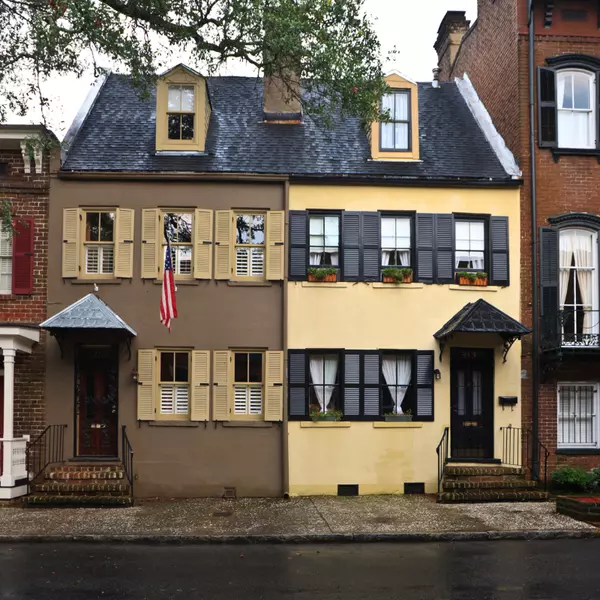
Savannah's Real Estate Landscape: Key Considerations for Prospective Home Buyers
Navigating Savannah's Real Estate Landscape: Key Considerations for Prospective Home Buyers If you've been mulling over the idea of purchasing a home in the charming city of Savannah, Georgia, you're likely keeping a keen eye on the ever-evolving housing market. With information flooding in from news outlets, social media, your trusty real estate agent at the Whalley Group, and chit-chats at the local coffee shop, it's easy to get swamped. And no doubt, home prices and mortgage rates are hot topics in these conversations. Here are two crucial questions to ponder as you navigate this important decision, armed with the latest data to slice through the chatter. What's the Future of Home Prices in Savannah? Savannah's real estate market has its own unique rhythm, influenced by factors ranging from its rich history to its growing popularity as a desirable living destination. To get a sense of where home prices might be heading, it's helpful to look at broader trends and local nuances. Nationally, experts like those surveyed in the Home Price Expectations Survey from Fannie Mae suggest a continued rise in home prices. But what does that mean for Savannah? Well, this city's blend of historical allure and modern amenities could mean that while we may not see skyrocketing prices, a steady and positive appreciation is likely on the cards. Why should this matter to you? Buying a home in Savannah now could be a wise investment. As prices gently climb, your property's value is poised to grow, padding your home equity over time. Hesitate, and you might find yourself paying more down the line. What's the Scoop on Mortgage Rates? Mortgage rates have been a rollercoaster ride lately, reacting to global economic trends, inflation concerns, and policy changes. But here's some good news for Savannah homebuyers: with inflation showing signs of cooling off, mortgage rates are expected to follow suit. This is significant for you as a buyer. Lower mortgage rates translate to more affordable home purchases. While the crystal ball on future rates isn't clear-cut, recent trends and Federal Reserve policies hint at a more buyer-friendly market ahead. The Bottom Line Buying a home in Savannah is about timing, understanding the market, and making informed decisions. While we can't predict the future with absolute certainty, staying abreast of the latest market trends is key. Partnering with a seasoned local real estate agent can provide you with invaluable insights and guidance. So, as you ponder your next move in Savannah's enchanting real estate scene, remember: knowledge is power!
Read More
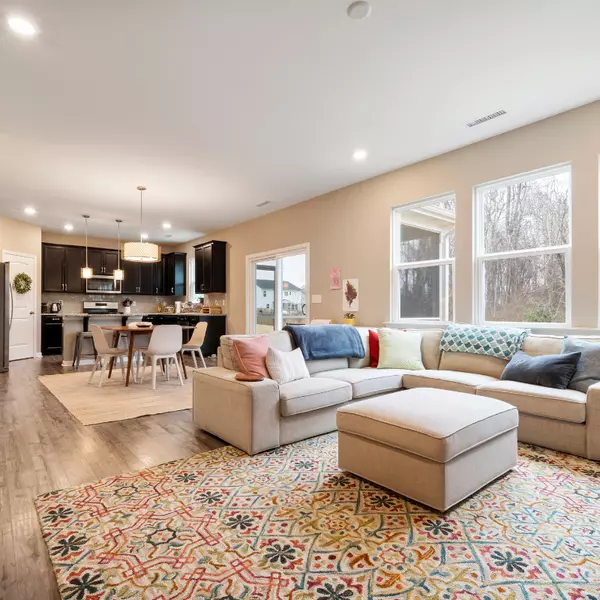
The Top House Features for Families
The Top House Features for Families Finding the perfect family-friendly home is one of the most important decisions that you and your loved ones can make. Your home should provide a safe, comfortable, and accommodating living space for everyone in your family. When looking for a family-friendly home, there are several essential features to consider that can help make your home a great place to live. The most requested features from our buyer clients help create a comfortable and accommodating living space for you and your loved ones. These features can vary depending on the size of your family, your lifestyle, and your specific needs. However, by considering these features carefully, you can find a home that meets your needs and provides a welcoming environment for everyone in your family. Multiple Bedrooms (3 or more) One of the most important features our families look for in a home is a lot of bedrooms. Having enough bedrooms is crucial for creating a comfortable and accommodating living space for every family member. When each person has their own space to retreat to, it can help to reduce conflicts and provide a sense of privacy. The ideal number of bedrooms for families varies, depending on the size of the family and their specific needs. However, a general rule of thumb is to have one bedroom for each adult and one bedroom for each two children. For example, a family of four would ideally look for a three-bedroom home. Having enough bedrooms in a home is not only important for sleeping arrangements but also for creating separate spaces for different activities. For example, children may need a dedicated space for doing homework or playing, while parents may need a separate space for work or relaxation. In addition, having multiple bedrooms can help to increase the resale value of a home. When potential buyers see that a home has enough bedrooms to accommodate a family, they are more likely to view it as a desirable property. Outdoor Space Outdoor space is an essential feature, especially those with young children. Having a safe and fun area for children to play and for families to spend time together can significantly improve your quality of life. When children have a designated area to play outside, they can get fresh air and exercise, which is crucial for their physical and mental development. Our clients like lots of different styles of outdoor spaces, such as a backyard, a deck, or a patio. A backyard provides a great space for children to run around and play games. A deck or patio can offer a space for outdoor dining or relaxation. Having an outdoor space with a grill can provide opportunities for family barbecues or entertaining guests. Outdoor space can also be an excellent way to bring families together. It can be a place where you can spend quality time with your loved ones and create lasting memories. You can engage in activities like gardening, playing games, or just relaxing and enjoying each other's company. In addition to the benefits for children and families, having outdoor space can also increase the resale value of a home. Potential buyers view outdoor space as an attractive feature and are willing to pay more for homes with it. Storage Space Storage space is another essential feature for families looking for a comfortable and organized living space. When there is enough storage space in a home, it helps to reduce clutter and keeps belongings organized and easily accessible. Here are some types of storage space that are ideal for families: Basements: Basements can provide a significant amount of storage space for families. Basements can be used for storing seasonal items, such as holiday decorations, as well as extra furniture and appliances. Garages: Garages are another ideal storage space for families. A garage can be used for storing outdoor equipment, such as lawn mowers, bikes, and sports gear. It can also be used for storing tools and household supplies. Large Closets: Large closets are an excellent storage solution for families. They can be used for storing clothes, shoes, and accessories, as well as linens and towels. Having enough storage space is important for keeping a home organized and even more import in reducing stress. When each family member has their own space to store their belongings, it can help to reduce clutter and create a sense of order in the home. In addition, having adequate storage space can increase the resale value of a home, as it is a desirable feature for potential buyers. Open Floor Plan An open floor plan is an excellent feature for families who love to spend time together. An open floor plan refers to a design where there are few or no walls separating different areas of the home, such as the kitchen, dining area, and living room. An open floor plan can provide several benefits for families, including: Enhanced Family Time: An open floor plan can help to enhance family time by allowing family members to spend time together in a common area. With no walls separating different areas, it can be easier to communicate and interact with each other. Improved Visibility: An open floor plan can provide improved visibility for parents who need to keep an eye on their children while working on other tasks. With no walls separating different areas, it can be easier to supervise children while cooking or doing other activities. More Natural Light: An open floor plan can provide more natural light to a home. With fewer walls, natural light can flow more easily throughout the home, creating a bright and airy feeling. Better Entertaining Space: An open floor plan can provide a better entertaining space for families who like to host guests. With fewer walls, it can be easier to accommodate larger groups of people. While an open floor plan can provide many benefits for families, it is not suitable for everyone. Some families may prefer more traditional floor plans with separate rooms for different activities. It is important to consider your family's specific needs when choosing a floor plan for your home. The Bottom Line If you're searching for a family-friendly home, consider the top house features discussed in this blog post. At The Whalley Group Real Estate Team, we understand that finding the right home for your family is essential. With our experience and expertise in the real estate industry, we can help you find a home that meets your specific needs and lifestyle. Give us a call today to speak with one of our knowledgeable realtors and start your journey towards finding the perfect family-friendly home.
Read More
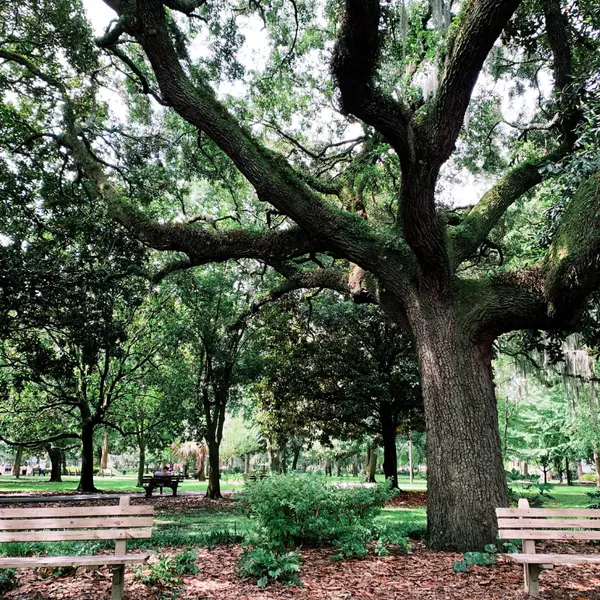
Savvy Savannah Homebuying: Navigating PMI Like a Pro
Savvy Savannah Homebuying: Navigating PMI Like a Pro Welcome to another homebuying adventure! Today, we’re unraveling the mystery of Private Mortgage Insurance (PMI) and how it fits into your Savannah homebuying journey." What’s PMI? Picture this: You're eyeing a charming Victorian in the heart of Savannah, but there's a twist – you might need PMI. PMI is that little financial guardian angel for your lender, stepping in if your mortgage payments hit a snag. It usually hovers around 0.1% to 2% of your loan. Crunching the numbers, on a $400,000 loan at 1% PMI, that's an extra $4,000 yearly, or $340 monthly. Dodging PMI in the Coastal Empire Here’s the mortgage info: You can skip the PMI dance with a 20% down payment. Picture buying that $400,000 historic Savannah home – a $80,000 down payment means no PMI. PMI: Friend or Foe? Now, let’s get real. Scraping together 20% in Savannah’s bustling market can be tough if not impossible if you're just starting out. The good news? You don’t always need that much. With conventional loans, a mere 3% down can get you the keys to your dream home. That’s $12,000 on a $400,000 property – way more palatable than $80,000, right? PMI’s Silver Lining PMI's not just a hurdle; it's a stepping stone. It lets lenders embrace lower down payments, giving you more playroom. So, weigh your options – bigger down payment to bypass PMI or save those funds for other expenses? PMI: Not Here for Good: And here’s the cherry on top: PMI isn't forever. Once your equity in that lovely Savannah home hits 22%, wave goodbye to PMI. You can even nudge your lender at 20% equity for a PMI drop, though they might check your home’s current value first. The Bottom Line So, Savannah friends, PMI isn’t a deal-breaker. It’s a flexible friend in your homebuying journey. Whether you're targeting a downtown condo or a suburban retreat, understanding PMI can open doors to your dream Savannah home.
Read More
Categories
Recent Posts

